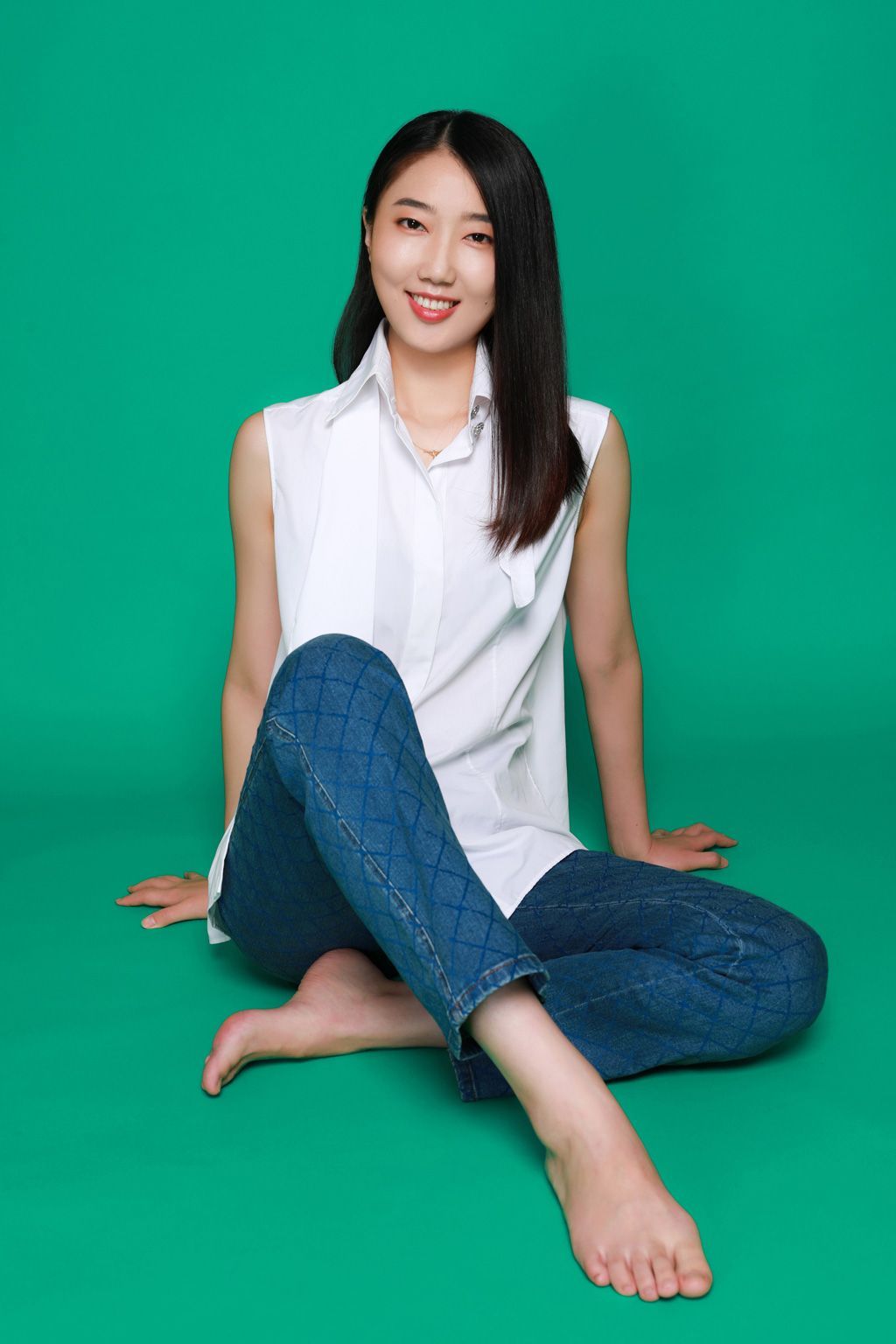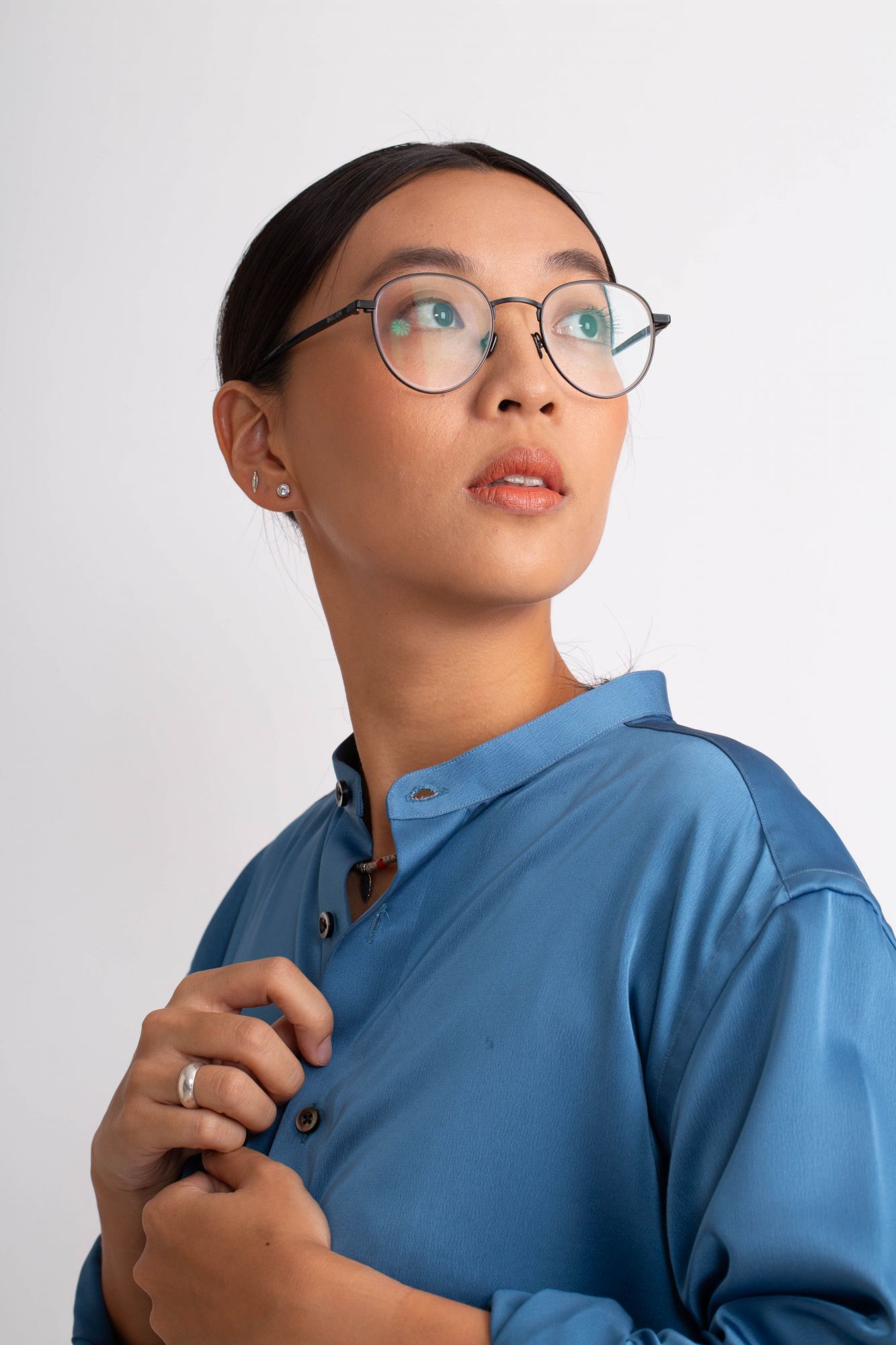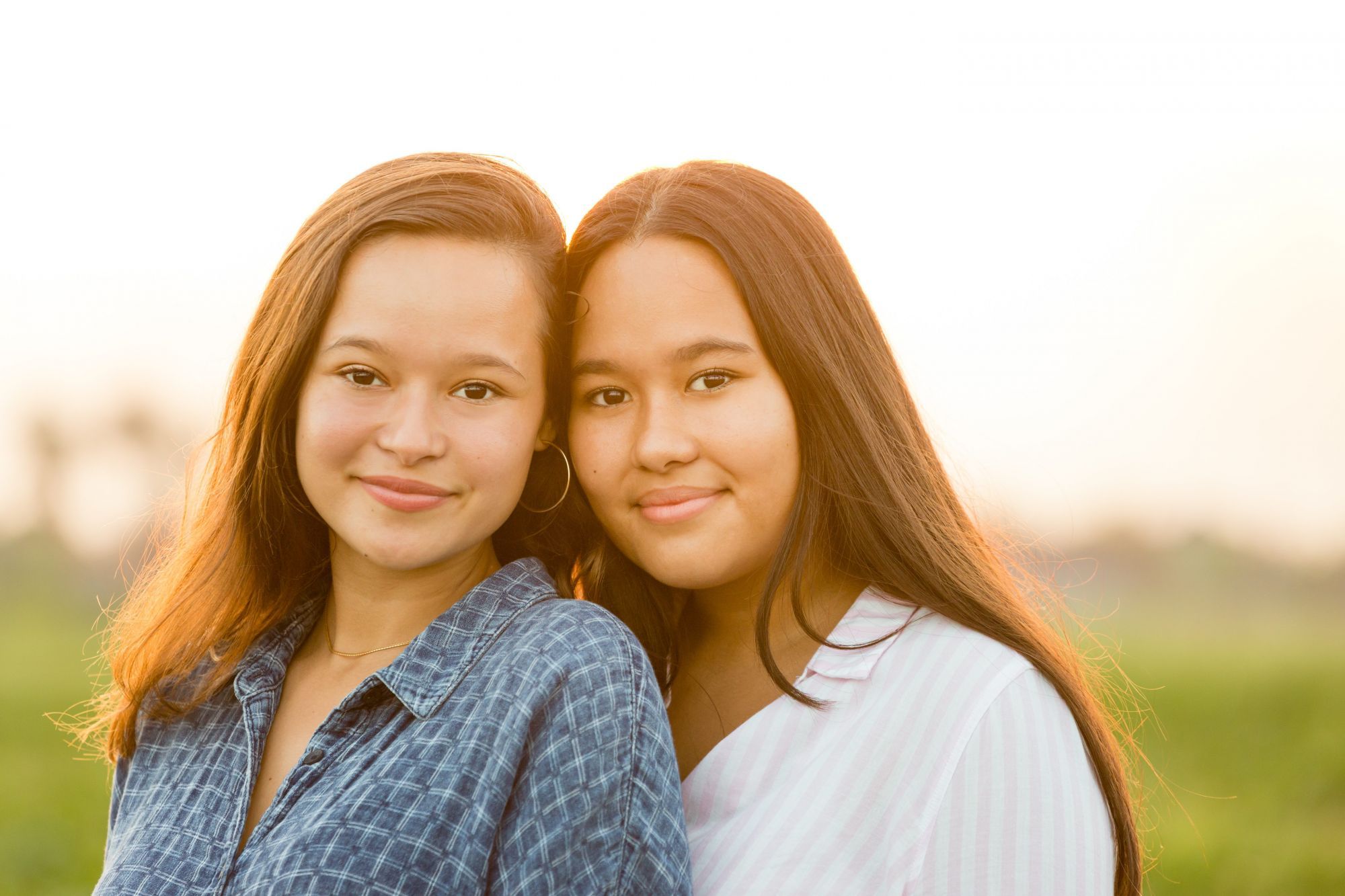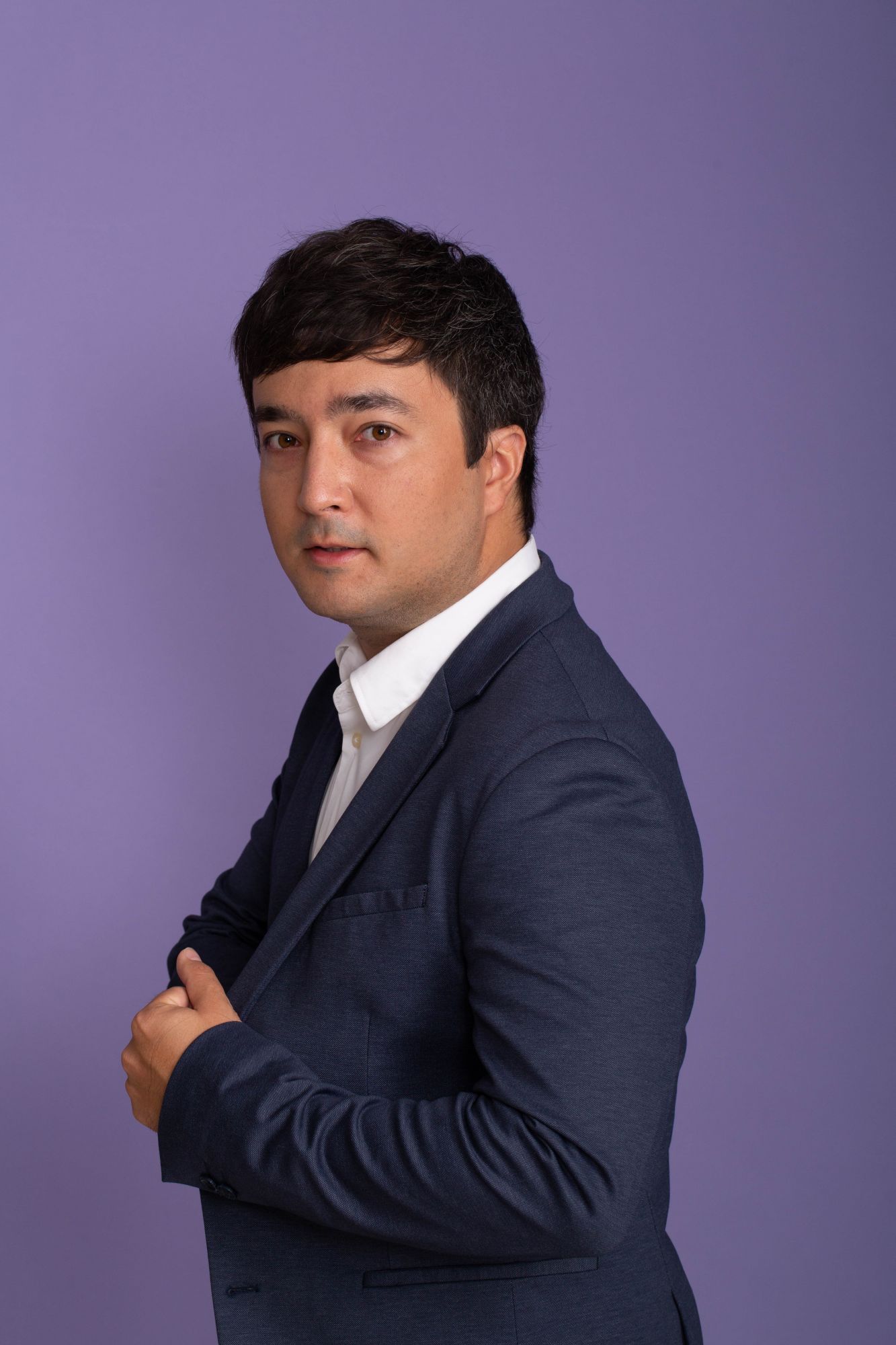From changing government policy to revamping the way plastic is recycled, meet six Gen.T honourees who are using their unique talents to fight plastic pollution around Asia
The spike in environmental advocacy over the past decade has made people considerably more aware of the dangers of extensive plastic usage. Impacting everything from our own health to the health of our oceans, plastic’s inability to decompose naturally means that by 2050, there will be more plastic than fish in the sea.
While many of us have been doing our part by cutting out straws and being more careful about where we put our dollars, a select few have found particularly ingenious ways to fight plastic pollution.
From changing government policy to revamping the way plastic is recycled, meet six Gen.T honourees who are using their unique talents to fight plastic pollution around Asia.
Tiza Mafira
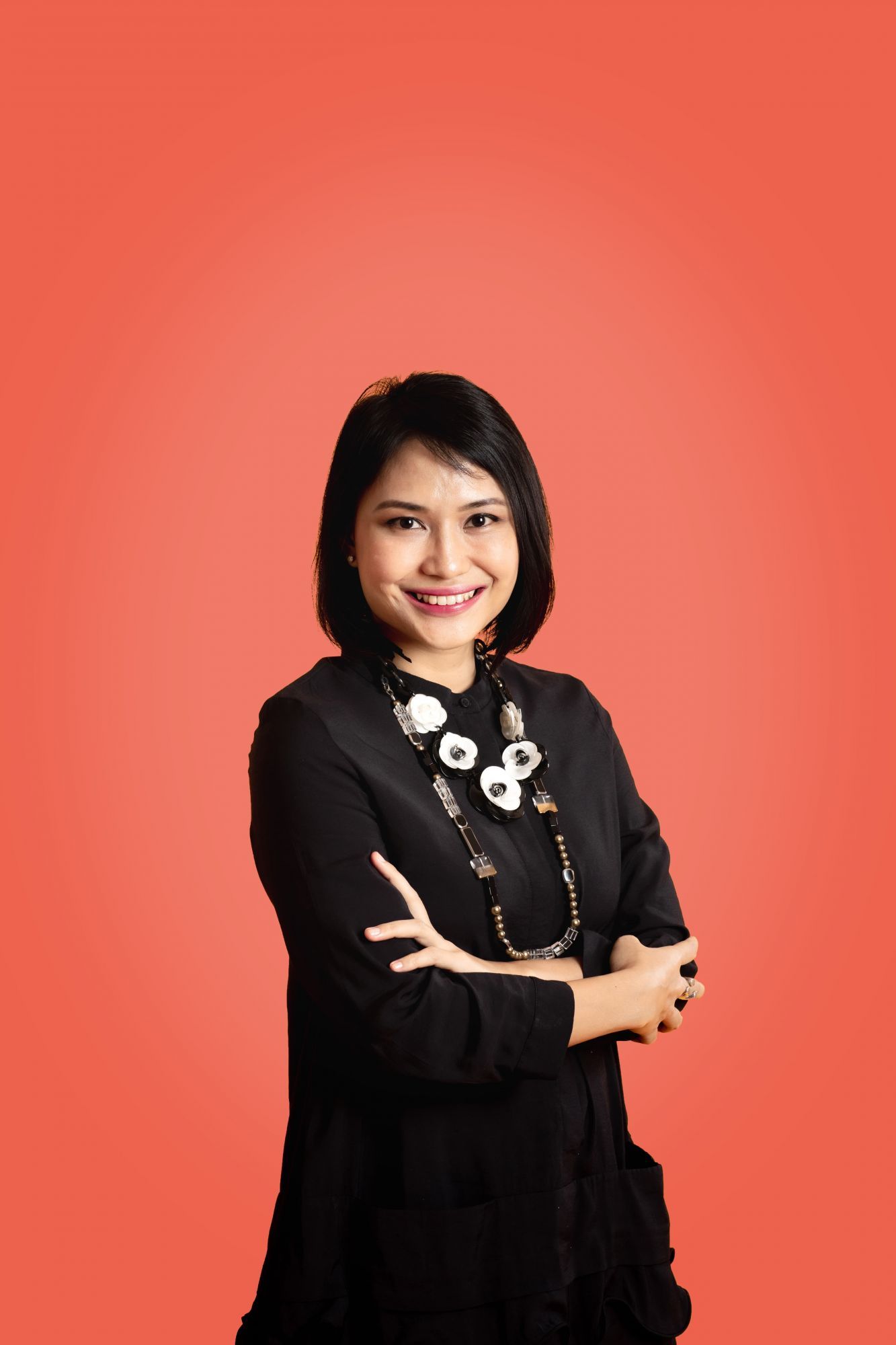
Associate Director, Climate Policy Initiative and Executive Director, Indonesia Plastic Diet Movement
What is she doing to fight plastic pollution? She initiated the paid plastic bag policy enforced in supermarkets throughout Indonesia and works to reduce single-use plastic waste through social education, private sector collaborations and government policy advocacy. Her work has helped to ensure that more than 20 cities in Indonesia have banned plastic bags, helping to reduce plastic pollution in the ocean.
Why did she decide to start advocating for the environment? “I'm passionate about breathing clean air, drinking clean water and eating uncontaminated food. To me that should be sufficient motivation for anyone to become an environmentalist,” she told the World Bank.
What else you need to know Mafira graduated from Harvard Law School with a master’s degree.
